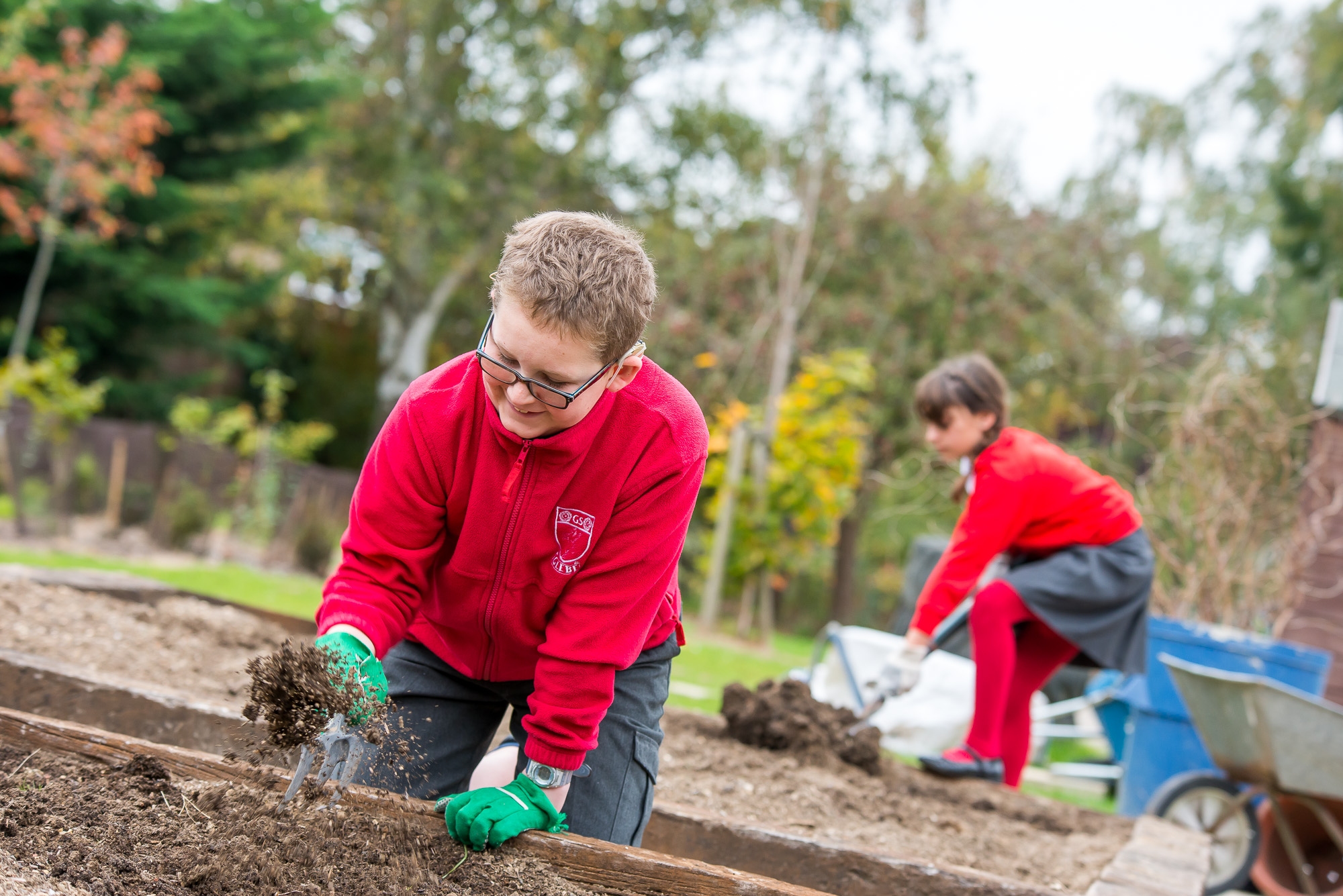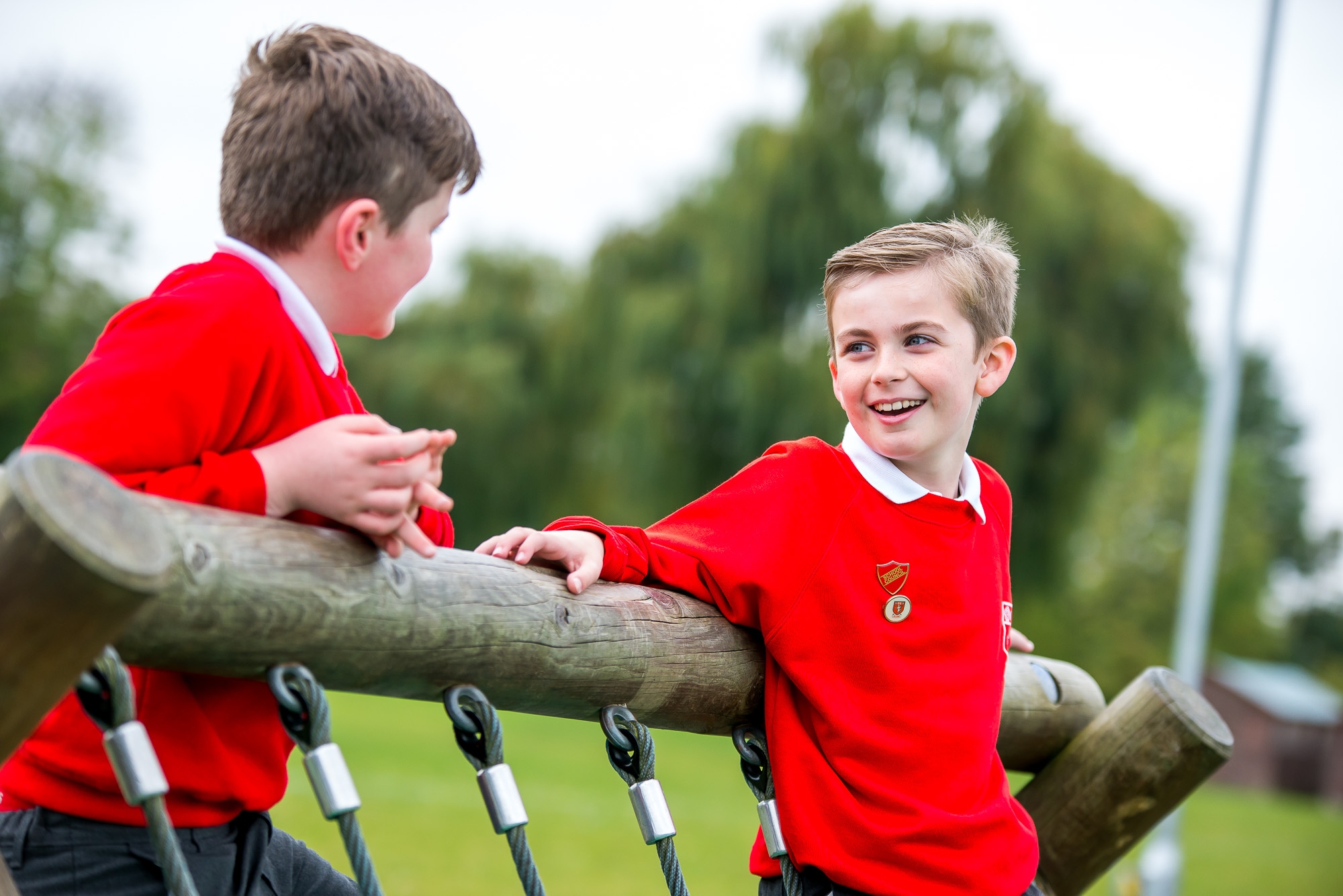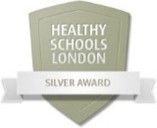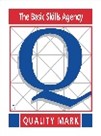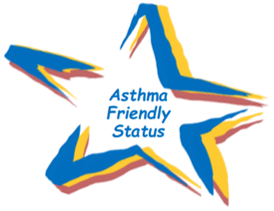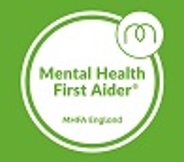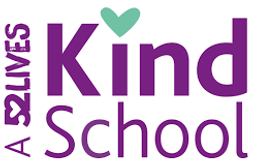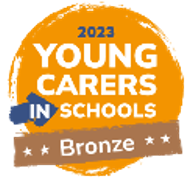What is our graduated approach to learning?
Our school currently provides additional and/or different provision for a range of other needs, including:
- Communication and interaction, for example, autistic spectrum disorder, speech and language difficulties.
- Cognition and learning, for example, dyslexia and dyspraxia.
- Social, emotional and mental health difficulties, for example, attention deficit hyperactivity disorder (ADHD),
- Sensory and/or physical needs, for example, visual impairments, hearing impairments, processing difficulties, epilepsy
We assess each pupil’s current skills and levels of attainment on entry. Class teachers will make regular assessments of progress for all pupils and identify those whose progress:
- Is significantly slower than that of their peers starting from the same baseline.
- Fails to match or better the child’s previous rate of progress.
- Fails to close the attainment gap between the child and their peers.
The Inclusion Manager may have an early discussion with the pupil and their parents when identifying whether they need special educational provision. These conversations will make sure that:
- Everyone develops a good understanding of the pupil’s areas of strength and difficulty
- We take into account the parents’ concerns
- Everyone understands the agreed outcomes sought for the child
- Everyone is clear on what the next steps are.
Class teachers and intervention staff work closely towards shared, age related targets with all children. Glebe Primary School follows the graduated approach and the four-part cycle of assess, plan, do, review.
The class teacher will work with the Inclusion Manager to carry out a clear analysis of the pupil’s needs. This will draw on:
- The teacher’s assessment and experience of the pupil
- Their previous progress and attainment and behaviour
- Other teachers’ assessments, where relevant (interventions)
- The individual’s development in comparison to their peers and national data
- The views and experience of parents
- The pupil’s own views
- Advice from external support services, if relevant
The assessment will be reviewed regularly. All teachers and support staff who work with the pupil will be made aware of their needs, the outcomes sought, the support provided, and any teaching strategies or approaches that are required. We will regularly review the effectiveness of the support and interventions and their impact on the pupil’s progress. If it is not working we will adapt, change strategies.



